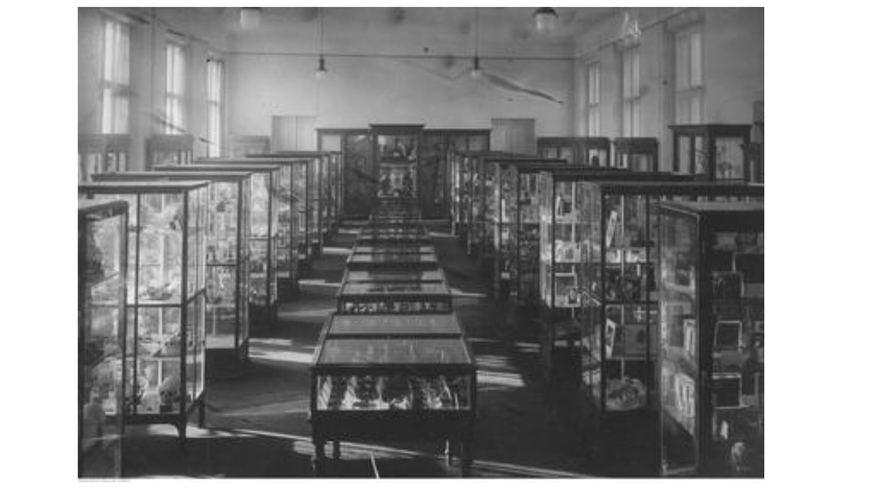Cadavers, Jews, and the Politics of Medical Discourse in East Central Europe
216 Pillsbury Dr SE
Minneapolis,
MN
55455
For further details regarding the HSTM Colloquium series, please click here.
Abstract: In the immediate aftermath of the First World War, medical schools in East Central Europe relied on state laws to regulate access to medical bodies. Unclaimed by family members for burial, they came from public institutions such as hospitals, psychiatric asylums, poor houses and care facilities. Skewed towards the bodies of the disenfranchised, the practices of accessing the specimens had less effect on Jewish communities which ran their own institutions in compliance with religious laws concerning Jewish burial. The discourse about access to medical bodies unraveled in the context of not only prewar practice but also the chronic lack of bodies for medical schools as it became ever more formalized. As medical schools sought to accommodate a growing number of students and medical students battled over medical bodies, the discourse and practice that emerged in both old and newly reestablished universities shed light on public health and the role of medicine, medical training, state expectations, and political mobilization of the debate about national body politics. The increasingly brutal campaign known as the “Cadaver Affair” forced medical faculties in East Central Europe, associations of physicians, governmental agencies, and religious authorities to take a stand on an issue that combined questions of medical education, public hygiene, and the limits of religious and state control over state universities and the medical profession. Based on archival research in Austria, Czechia, Hungary, Lithuania, Poland, Romania, and Slovakia, my lecture explores the ways in which medical schools, medical students and associations, as well as Jewish communities, physicians, and religious and communal leaders engaged in the medical discourse and mobilized for medical practice while responding to the challenges across the new political borders in Austria, Czechoslovakia, Hungary, Poland, and Romania. I focus on the ways in which the conflict about Jewish access to medical training and profession played out in dissecting rooms and other arenas over “Jewish” and “Gentile” medical bodies, situating the medical discourses in the context of the body procurement in anatomy and the negotiations necessary to obtain them. This project has much to say about the attitude toward and treatment of marginalized groups in the context of the medical field.
About the speaker: Natalia Aleksiun is the Harry Rich Professor of Holocaust Studies at the University of Florida, Gainesville. She has been Professor of Modern Jewish history at Touro College, Graduate School of Jewish Studies. She holds doctoral degrees from Warsaw University, Poland, and New York University, U.S. She has written extensively on the history of Polish Jews and the Holocaust. In addition to her 2021 book Conscious History: Polish Jewish Historians before the Holocaust (Littman Library of Jewish Civilization), she is the author of Dokad dalej? Ruch syjonistyczny w Polsce 1944–1950 (Warsaw, 2002) and editor of Gershon Taffet’s Zagłada Żydów żółkiewskich (Warsaw, 2019). She co-edited several volumes, including Entanglements of War: Social Networks during the Holocaust (2023), European Holocaust Studies, vol. 3: Places, Spaces and Voids in the Holocaust (2021), and Polin: Studies in Polish Jewry, vol. 29: Writing Jewish History in Eastern Europe (2017). She serves as editor of East European Jewish Affairs. Aleksiun is completing two books: on the so-called Cadaver Affair in medical schools in East Central Europe between two world wars and on Jewish life in hiding in western Ukraine during the Holocaust.
